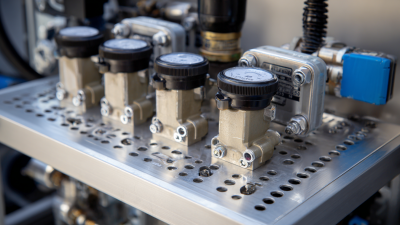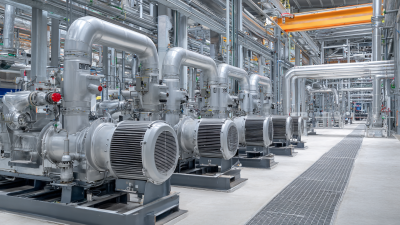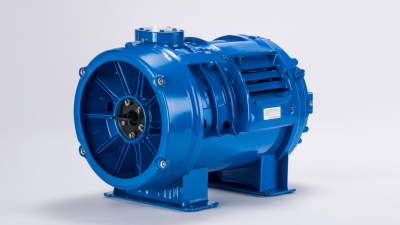10 Effective Tips for Choosing the Right AC Pump for Your Needs
Selecting the right AC pump is crucial for optimizing the performance and efficiency of your air conditioning system. An ac pump plays a vital role in ensuring the smooth circulation of refrigerant and maintaining the desired indoor climate. However, with a multitude of options available in the market, making the right choice can be overwhelming. Factors such as the size of your space, the specific demands of your HVAC system, and energy efficiency ratings must all be considered when evaluating potential ac pump models. In this guide, we will explore ten effective tips that will not only simplify your decision-making process but also help you identify the perfect ac pump that meets your unique requirements. Understanding the different types of ac pumps and their applications will empower you to make an informed investment that enhances comfort and prolongs the lifespan of your cooling system.
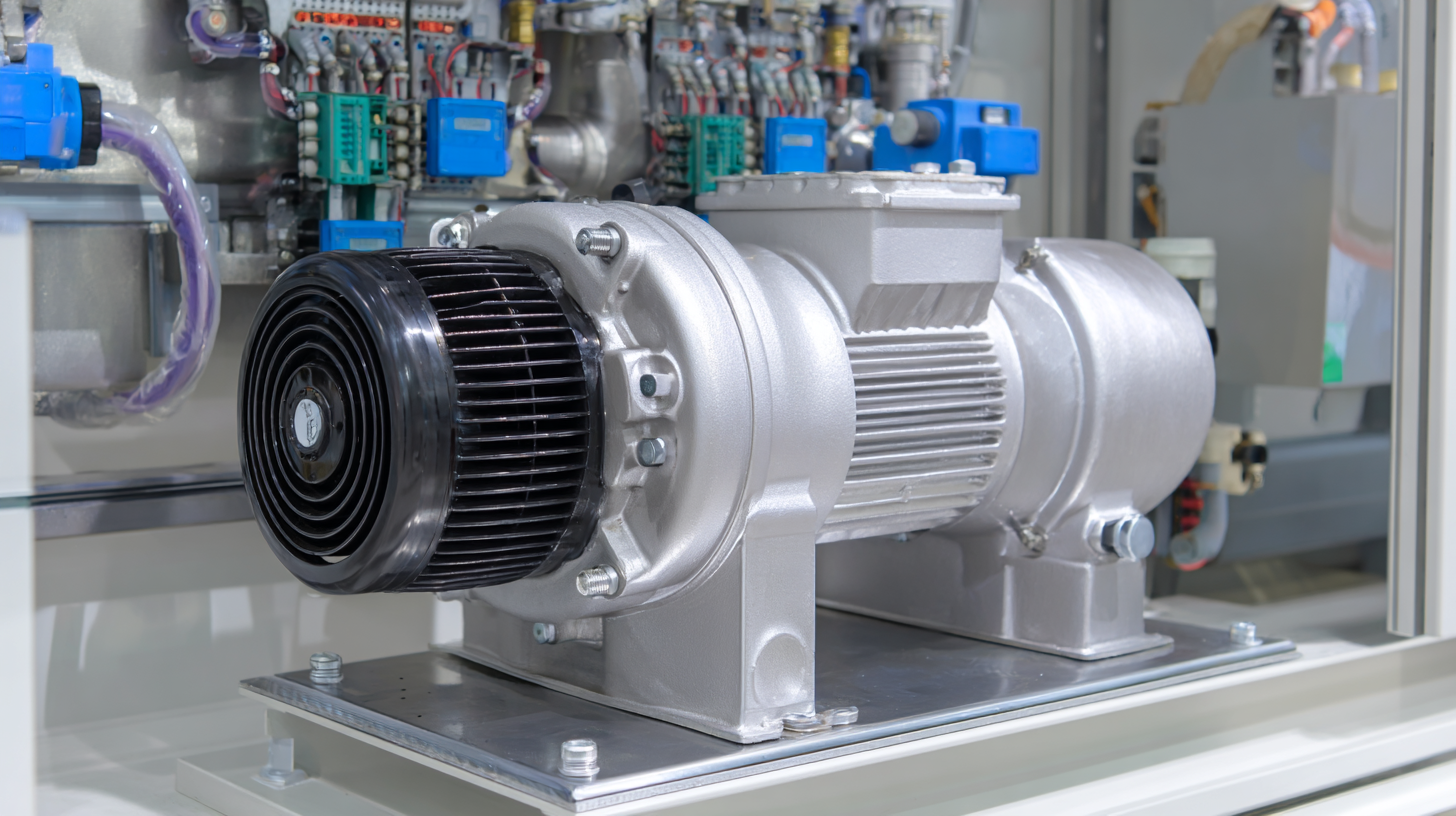
Understanding Your Cooling Requirements for AC Pumps
When selecting an AC pump, understanding your cooling requirements is essential to ensure efficient performance and satisfaction. According to the U.S. Department of Energy, the cooling load of a building depends on various factors such as size, insulation, and external climate conditions. Typically, residential cooling systems require about 20 BTUs (British Thermal Units) per square foot. Hence, performing a thorough assessment of your space can lead to more effective heating and cooling solutions tailored to your particular needs.
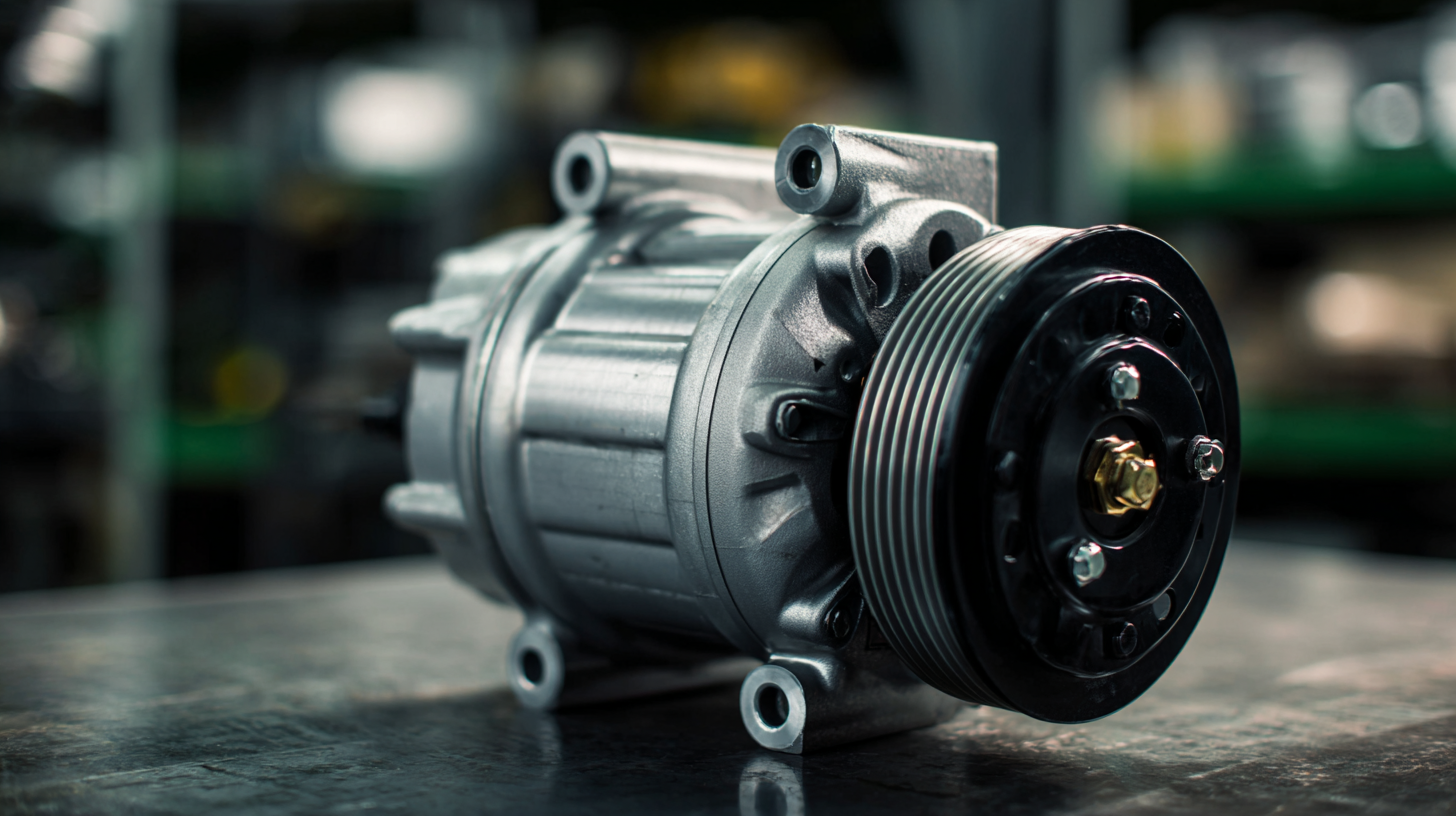
Additionally, industry reports indicate that oversized or undersized AC pumps can lead to inefficiencies, significantly increasing energy costs. The American Society of Heating, Refrigerating and Air-Conditioning Engineers (ASHRAE) recommends utilizing a properly sized pump to optimize the system's operation and reduce energy consumption by as much as 30%. Awareness of your existing systems and future needs can guide you in making informed choices, paving the way for both immediate comfort and long-term energy savings.
Evaluating Pump Efficiency Ratings to Maximize Performance
When choosing an AC pump, understanding pump efficiency ratings is crucial to maximizing performance. Efficiency ratings, often indicated by the Energy Efficiency Ratio (EER) or Coefficient of Performance (COP), provide insight into how well a pump converts energy into cooling capacity. A higher efficiency rating signifies a more effective pump, which not only enhances cooling performance but also reduces energy consumption, leading to cost savings over time. It's important to analyze these ratings against the expected load and environmental conditions to ensure optimal performance.
Additionally, consider the different types of pumps available. Centrifugal pumps and positive displacement pumps operate differently, and their efficiency can vary based on the specific application. Evaluating the manufacturer's specifications and user reviews can aid in determining which type aligns best with your requirements. By focusing on efficiency ratings and understanding the nuances of various pump designs, you can make an informed decision that balances performance, cost-effectiveness, and energy conservation.
Identifying the Right Size and Capacity for Your Space
Choosing the right air conditioning (AC) pump involves understanding the specific needs of your space. One of the most critical factors to consider is the size and capacity of the system. According to the Air Conditioning, Heating, and Refrigeration Institute (AHRI), an underpowered AC unit will struggle to cool the space effectively, leading not only to discomfort but also to increased energy consumption. On the other hand, an oversized unit can cool your space too quickly, resulting in higher humidity levels and ineffective temperature control.
To determine the appropriate size for your AC pump, the British Thermal Unit (BTU) rating is essential. For instance, a common guideline suggests that for a room of about 1,000 square feet, an AC unit should provide approximately 24,000 BTUs of cooling capacity. According to the U.S. Department of Energy, factors such as room height, insulation quality, and geographical location also play vital roles in calculating your specific cooling needs. For example, homes in warmer climates may require an additional 10% capacity compared to similar spaces in cooler regions. By carefully considering these factors, you can ensure that you invest in an AC pump that meets your needs efficiently and cost-effectively.
10 Effective Tips for Choosing the Right AC Pump for Your Needs
| Tip | Description | Importance | Example of Application |
|---|---|---|---|
| 1. Calculate Room Size | Measure the area to determine the required cooling capacity. | High | Living room of 400 sq ft. |
| 2. Consider Ceiling Height | Higher ceilings may require larger units for effective cooling. | Medium | Rooms with a ceiling height of 10 ft. |
| 3. Assess Insulation | Good insulation can reduce the power requirements. | High | Well-insulated homes. |
| 4. Estimate Local Climate | Understand how much cooling is needed based on climate. | High | Tropical climates. |
| 5. Evaluate Window Size and Type | Large windows may increase heat gain and cooling demand. | Medium | Rooms with large glass windows. |
| 6. Identify Unit Type | Choose between window, portable, or central AC systems. | High | Use portable units for small spaces. |
| 7. Check Energy Efficiency Ratings | Look for units with higher SEER ratings for energy savings. | High | Units with SEER over 16. |
| 8. Review Maintenance Requirements | Understand the upkeep needed for each type of unit. | Medium | Regular filter replacement for window units. |
| 9. Look for Smart Features | Consider units that provide remote control and scheduling options. | Medium | Smart thermostats integration. |
| 10. Set a Budget | Determine what you are willing to spend on purchase and installation. | High | Budget of $500 - $1500 for an AC unit. |
Comparing Different Types of AC Pumps: Pros and Cons
When selecting an AC pump, understanding the various types available is crucial to making an informed decision. Among the most common options are centrifugal and positive displacement pumps. Centrifugal pumps are widely preferred for their efficiency and low maintenance requirements, making them suitable for large-scale applications. According to a report by the American Society of Mechanical Engineers (ASME), centrifugal pumps can achieve an efficiency of over 85% in optimal conditions, which not only reduces energy costs but also lowers the carbon footprint.
On the other hand, positive displacement pumps are known for their ability to handle viscous fluids and provide a constant flow regardless of pressure changes. Although they tend to be less efficient in terms of energy consumption, they excel in applications requiring precise fluid dispensing. Industry research indicates that while centrifugal pumps dominate approximately 75% of the global pump market, positive displacement pumps are invaluable in specialized sectors where reliability and accuracy are paramount. Understanding these pros and cons enables users to align their choices with both operational needs and environmental considerations.
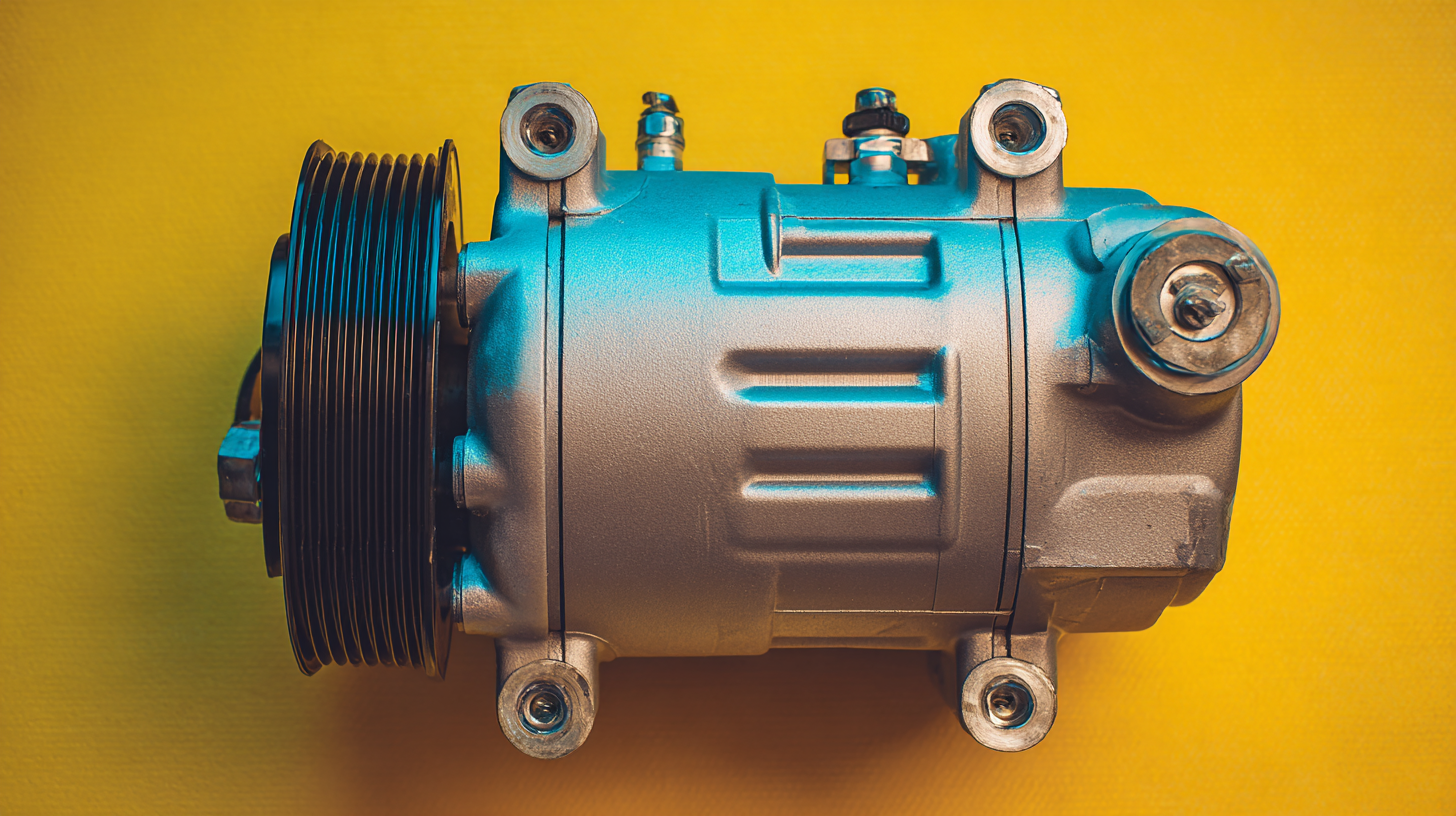
Considering Noise Levels and Maintenance Needs Before Purchase
When selecting the right AC pump for your needs, it's essential to prioritize noise levels and maintenance requirements. Many homeowners often overlook these aspects, but they can significantly affect your comfort and the long-term performance of the unit. A quieter pump enhances your living environment, particularly if you plan to use it frequently or during the night. Look for models specifically designed to operate quietly, often indicated by their decibel ratings.
Additionally, consider the maintenance needs of the AC pump you are interested in. Regular upkeep is crucial for maintaining efficiency and prolonging the life of the unit. Some pumps feature easy-access components, making routine checks and servicing simpler for homeowners. Be sure to check if spare parts are readily available and if the manufacturer offers reliable customer support. This proactive approach will save you time and potential headaches in the future.
When evaluating your options, keep in mind these tips: research reviews focusing on noise levels, compare different models based on their maintenance requirements, and choose an AC pump that balances both performance and ease of use for your specific situation. This careful consideration will help ensure that you invest in a unit that meets your needs effectively.
